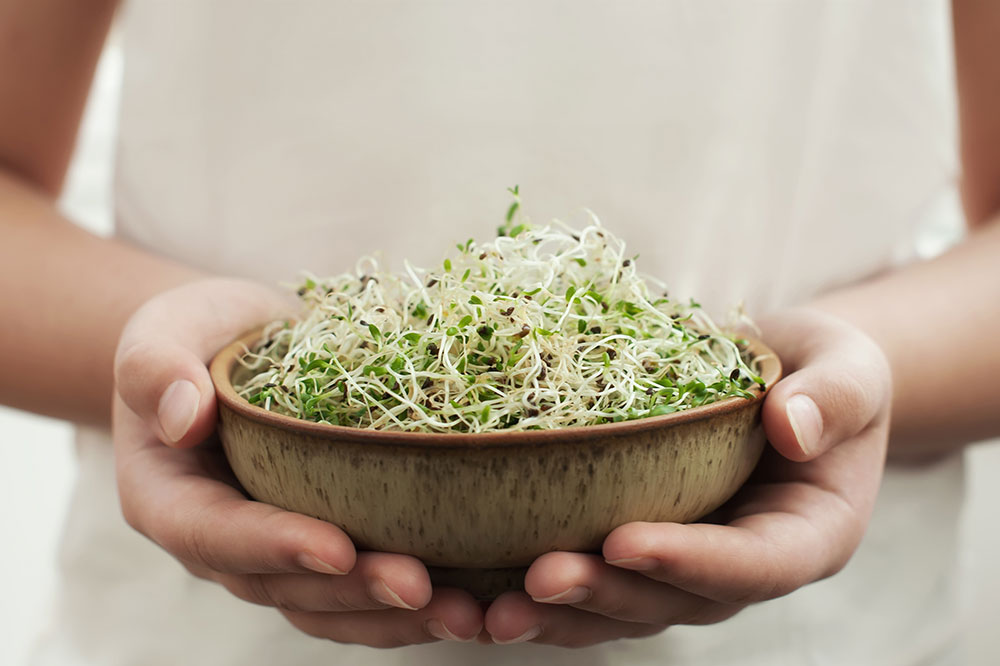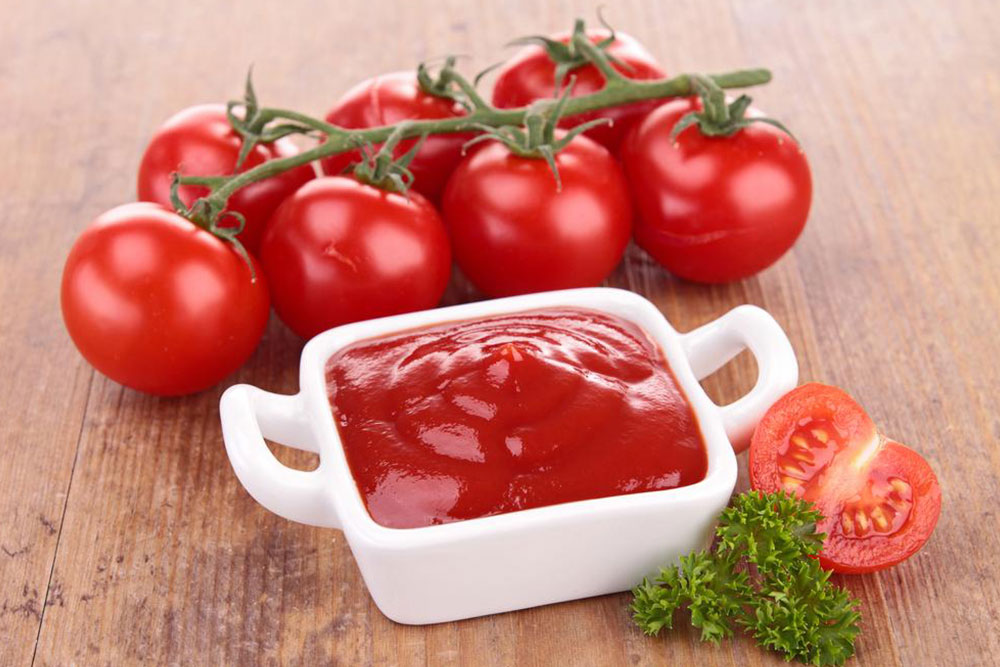Dietary Recommendations for Managing Lupus Symptoms
This article explores dietary strategies to help manage lupus and its symptoms, emphasizing anti-inflammatory foods such as flaxseeds, fatty fish, whole grains, and antioxidant-rich fruits and vegetables. Incorporating these into your diet may reduce flare-ups and improve overall health. Always consult a healthcare professional for personalized advice.

Diet Strategies to Support Lupus Management
Chronic autoimmune disorder lupus triggers widespread inflammation and discomfort by confusing the immune system, which mistakenly attacks healthy tissues. Although no specific diet can cure lupus, certain foods can help control symptoms and reduce flare-ups. Incorporating anti-inflammatory, nutrient-rich options into your meals is beneficial. Here are key dietary choices that may support lupus symptom management effectively.
Flaxseeds
Considered a nutritional powerhouse, flaxseeds contain alpha-linolenic acid, which helps reduce inflammation linked to lupus. Their lignans also act as platelet-activating factor (PAF) antagonists, potentially aiding in lupus nephritis treatment. Adding flaxseeds to your diet can be a proactive step in symptom control.
Fatty Fish
Rich in omega-3 fatty acids like DHA and HUFA, fatty fish such as salmon, mackerel, trout, and herring help lower inflammation associated with autoimmune conditions like lupus. Other omega-3 sources include walnuts, chia seeds, algal oil, and Brussels sprouts, contributing to reduced flare-up risk.
Whole Grains
Supporting metabolic health is crucial in managing lupus. Whole grains like oats, quinoa, barley, rye, and cracked wheat (bulgur) are gentle on digestion and high in fiber, which aids metabolic processes and may decrease inflammation risks linked to refined grains.
Fruits and Vegetables
Eating nutrient-dense produce can combat oxidative stress caused by free radicals, which damage cells and elevate inflammation. Fruits like berries and fruits rich in antioxidants such as avocados, strawberries, and blueberries, along with vegetables like artichokes, sweet potatoes, lettuce, and collard greens, help mitigate lupus symptoms.
Note:
This article offers general information on lupus dietary management. It is not a substitute for professional medical advice. Consult healthcare providers before making significant dietary changes or starting treatments for lupus or related symptoms.










